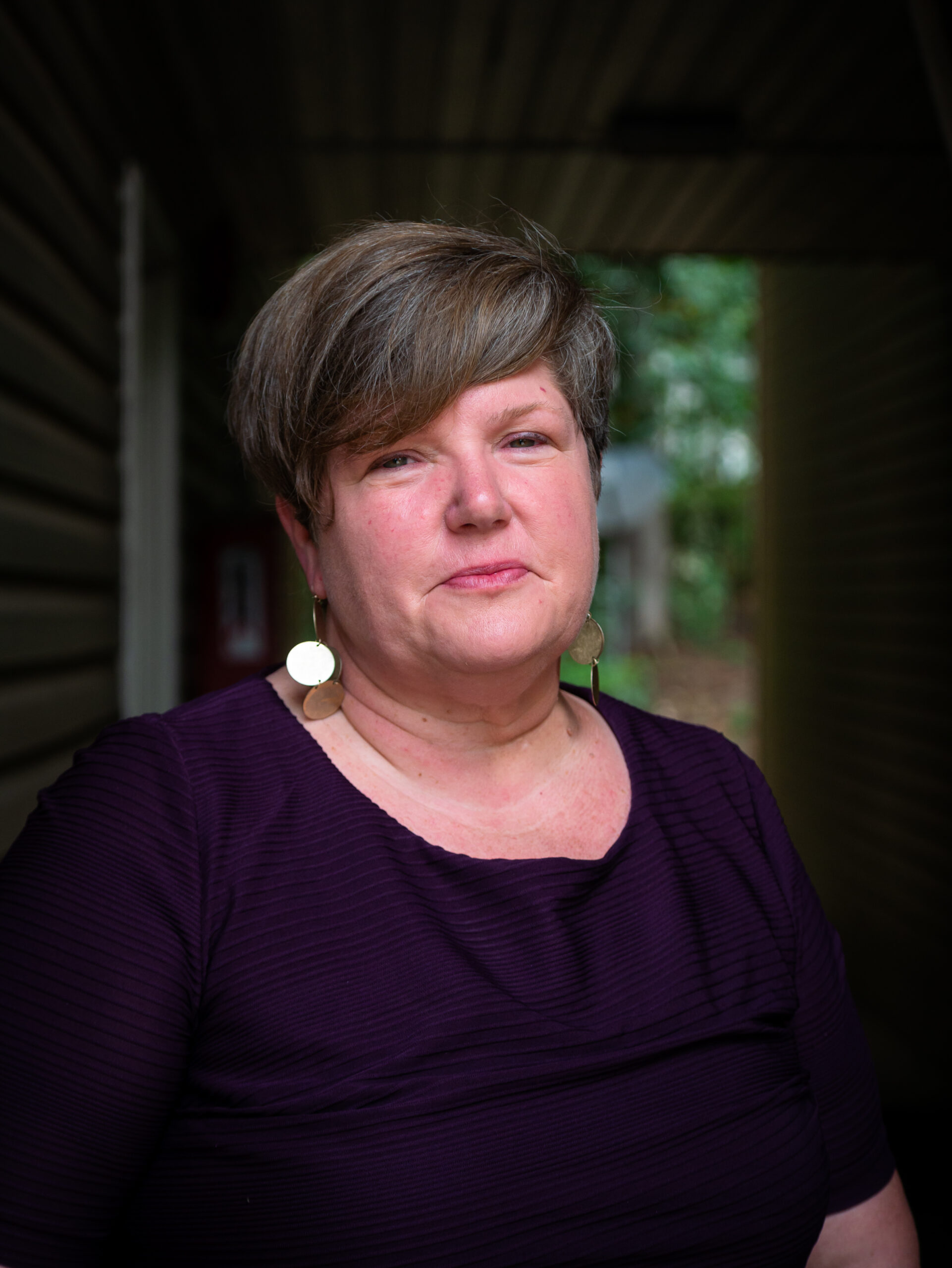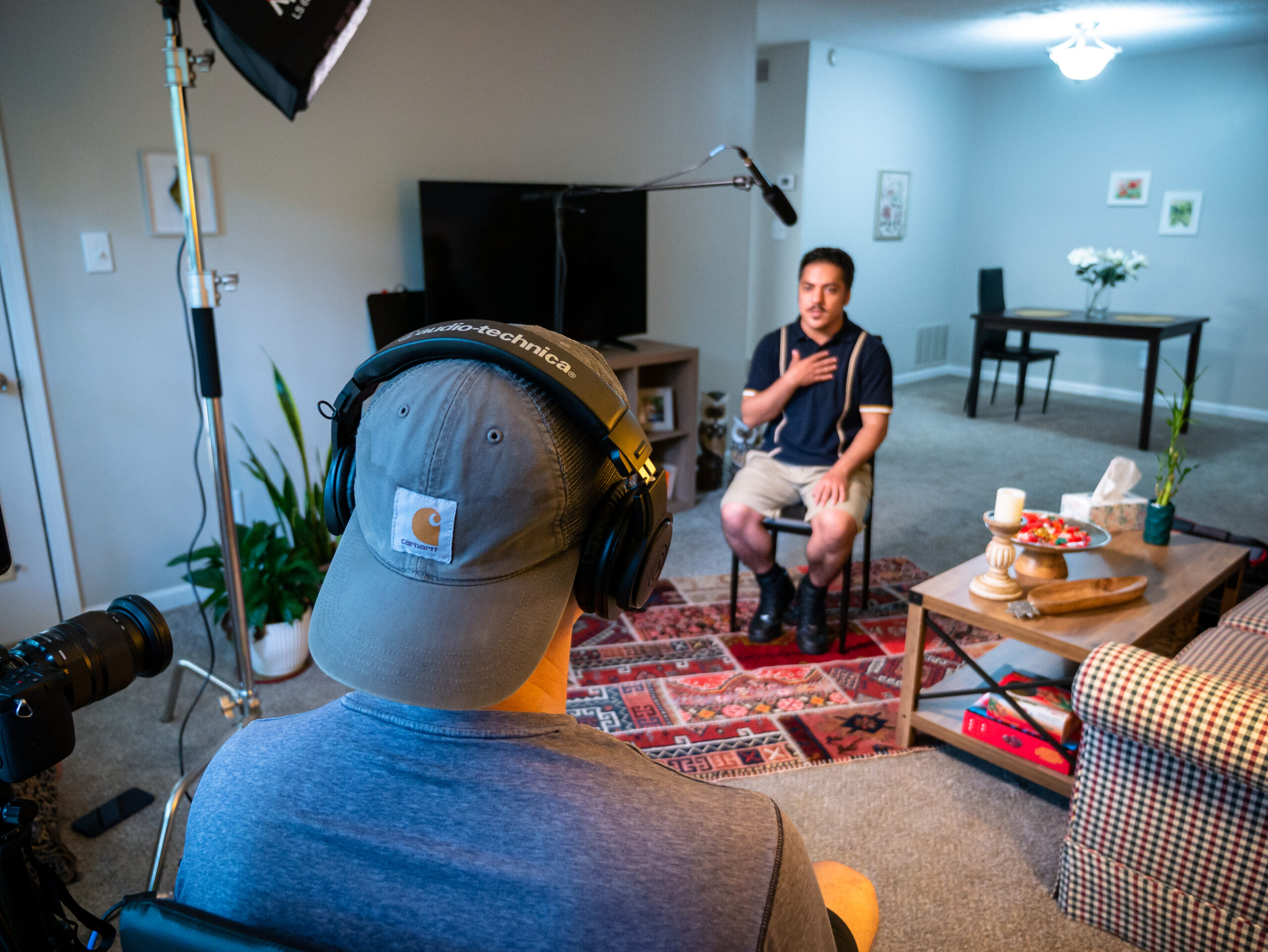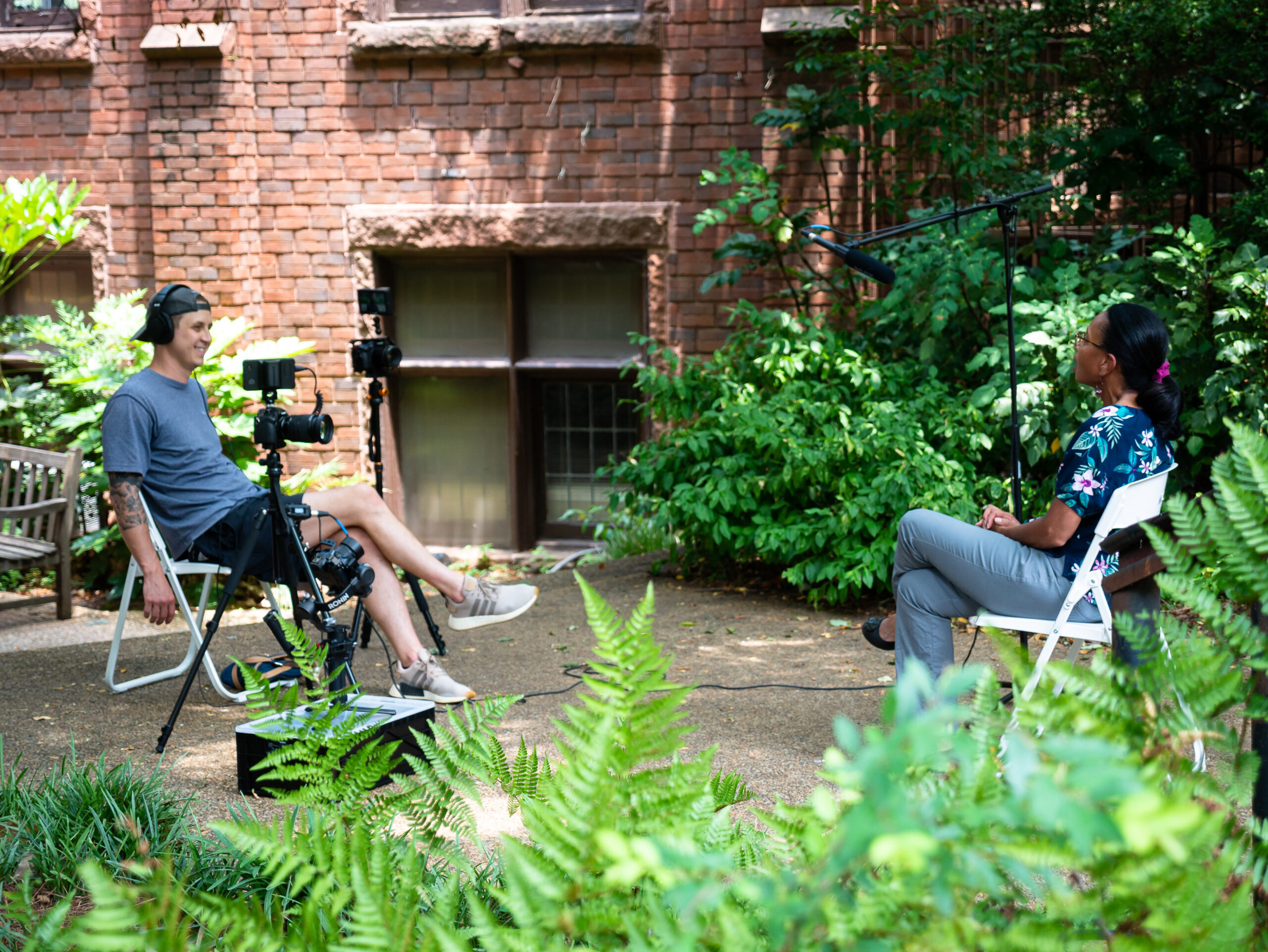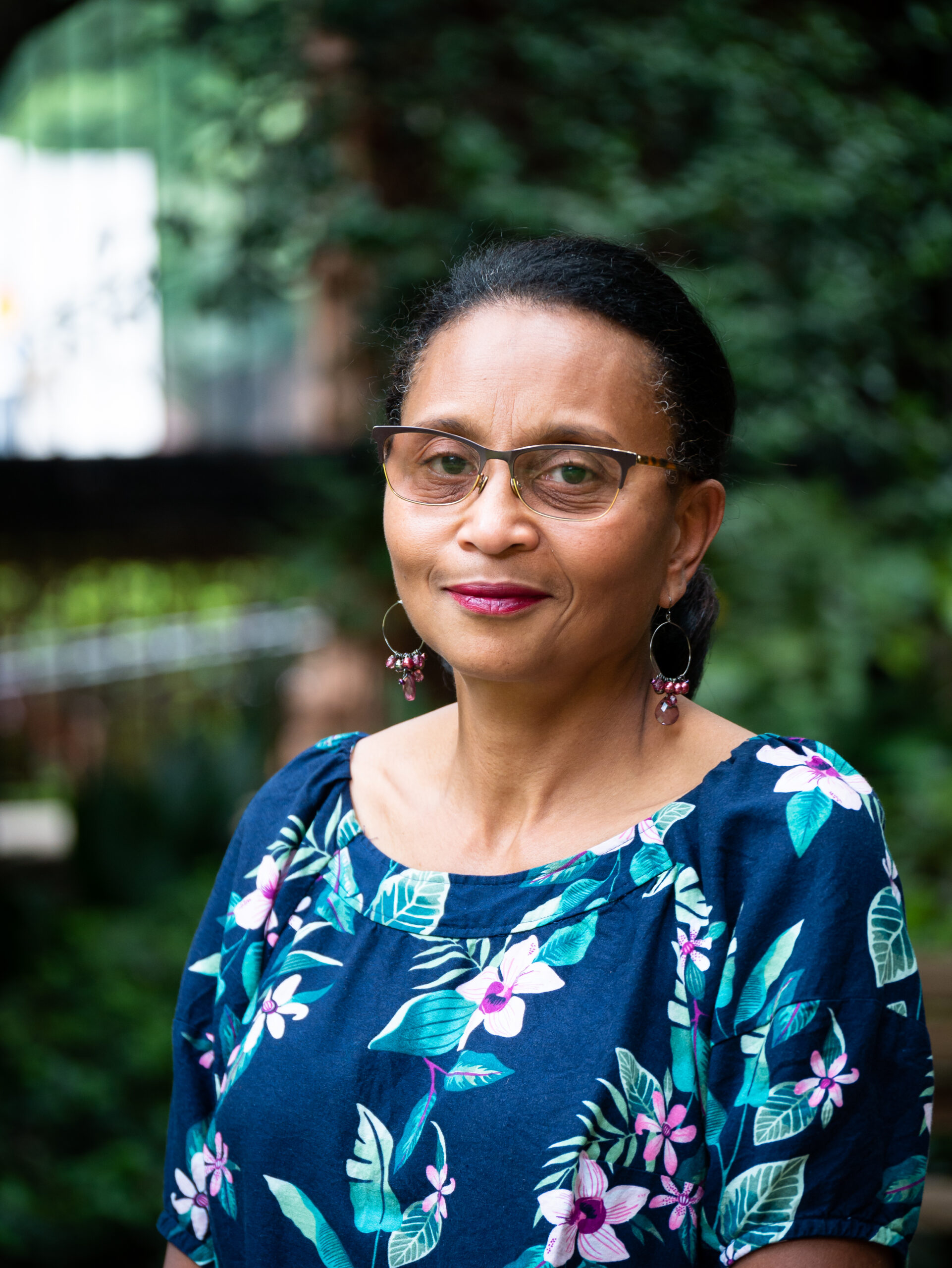Refugee Ministries
In the first nine months of 2022, 818 refugees had arrived in Georgia to begin their new lives. They landed in a state that provides zero funds for them to resettle. For English classes, a place to live, a job, and more, refugees rely on service agencies that are stretching federal dollars. These newcomers enter the wilderness of a new society, feeling deserted.
Meet Arash, who experienced discrimination in Iran, left with his wife Elie for Turkey, and then came to Atlanta. In Tehran, he had been a restaurant manager, but in Turkey, he had no work permit, and after hours of manual labor in a factory there, did not get paid.
“We came to Turkey with trauma, because we had a very bad experience in our country, and missed our home and didn’t have any money,” Arash said. “It’s a very very big decision to leave your country… There’s no guarantee. You take a risk, your time, you’re health, everything.”
Because the needs of Arash, Elie and other refugees exceed federal resettlement funding, they often get referred to the refugee ministry of All Saints’ Episcopal Church in Atlanta. Begun 30 years ago, church volunteers and Director of Refugee Ministries Louisa Merchant pitched in to help meet the needs of this couple and many other refugee families. They accompanied Arash and Elie to the grocery store and doctor; helped them learn the MARTA bus and train system, and supported them financially.
“They do all the things for us, like a family to us, without … any expectation,” Arash said. “They just give love to us.”

Louisa Merchant, Director of Refugee Ministries, All Saints” Atlanta
Three Acts of Resettlement
Those seemingly small acts make a huge difference, and they are more needed than ever. Georgia ranks in the top 10 states for resettled refugees, spurred in the 1980s by the designation of the city of Clarkston — the “Ellis Island of the South,” where Arash and Elie now live in an apartment— as a federal resettlement area.
“Resettlement is a really big deal right now because the infrastructure for it has been dismantled over the last three years due to an executive order banning resettlement, and two years of COVID-19 decreasing funding that is attached to arrivals,” Merchant said. “One of Atlanta’s five refugee agencies unfortunately closed, many had to lay off staff and now in 2022 we are welcoming three times the number of refugees that were admitted at the previous all- time high, due to Joe Biden setting the number at 125,000 refugees for 2022.
“We’re welcoming 70,000 Afghans during the fall of Afghanistan, and giving humanitarian parole to 100,000 Ukrainians, so the refugee agencies are very overwhelmed by having to meet the needs of these new arrivals with this infrastructure depleted. They’re doing an amazing job, but really now is the time for churches and other religious organizations and community organizations and individuals to offer welcome.”

Serious Trauma Meets Steady Presence
A refugee, as defined by Merriam-Webster is “one that flees especially : a person who flees to a foreign country or power to escape danger or persecution.” In that new country, the refugee doesn’t always feel welcome and may face new dangers and persecutions.
“The greatest offering that you can give to someone who has been through a serious trauma is to offer them your own steady presence,” Merchant said. “Your steady presence is the hope, the affirmation that they need that things are gonna be okay.”
This relationship, Merchant has come to realize over her 14 years at All Saints’, is not a straight line between humans but a triangle with a spiritual dimension. These connections manifest the kingdom of God.
“The incarnation between the giver and the receiver is what gives me and a lot of people the ability to move forward under stress,” she said. “It’s recognizing that the whole exchange is filled with the Holy Spirit so I don’t have to fix this situation. God is in charge of this situation. I need to be open to being a vessel of service, and faith is what makes it possible to find that steady presence that a person who has been through trauma really needs to feel from another human. Offering that steady presence is offering the incarnation.”

All Saints’ offers support to any churches wishing to start refugee ministries, while directly supporting 60 families from the Middle East, East and Central Africa, Latin America, Burma and Nepal including new arrival families in partnership with the refugee agency, Inspiritus. It is the only parish in the diocese offering this level of support to this many refugees. Its current goal is recruiting 50 to 75 volunteers to each perform three “acts of resettlement” within six months for a refugee family.
“An act of resettlement might be taking your family to the grocery store, going to the zoo so their kids can have fun, helping them set up bank accounts, helping them learn how to use MARTA,” said Merchant, explaining that volunteers receive brief online training, and an experienced volunteer will make the introduction to the refugee family.
“A lot of times volunteers don’t understand the really incredible impact that these seemingly small acts of hospitality have… to say we’re happy that you’re here,” Merchant added. “Would you like to go to the grocery store? Let’s show you what Kroger looks like. Let’s show you what the DeKalb Farmers Market looks like. It makes a really huge impact on the trauma that the family has suffered, on the isolation and anxiety that they experienced coming to a new country and on their trajectory of living in the United States.”
Merchant saw this with the first refugee family she welcomed 14 years ago. They came from Iraq, where the father had helped the US military.
“Soon after they got off the plane, he found out that his wife had cancer,” she recalled. “They had a baby and two-year-old, and were immediately thrust into having to learn how to get to the hospital and try to provide for his children during this very stressful time. Under the best of circumstances, it’s challenging for any family who comes here, but if there are any additional circumstances such as a medical emergency, a child with a disability or a single parent, these families really, really benefit from community support.”
Tanya Carr, a nursing student, started volunteering at All Saints’ because the refugees reminded her of previous generations of her family who immigrated from Trinidad. In that island nation, many cultures mingle, and new foods and languages are shared.
“I’ve lived back and forth between this country and the islands all my life, as do most Caribbean people,” she said. “My grandfather and his brothers came here in the 1920s and I can just imagine what that would have felt like to leave everything you know, and that was a choice they made. Now ratchet that up 100 times when you are forced to flee and to come to a place you don’t know and you’re a person of color and build a life for yourself. I can just imagine how much more difficult that must be.”

Tanya Carr, Volunteer at All Saints’ Atlanta.
Empathy, for Carr, is part of loving others like Jesus. “The dismissal of others because of their being different is total antithesis to the preaching of Jesus,” she said. “Jesus reached out to people who were discarded and reviled by society, and he made a point of doing so.”
Nothing to Their Name, and Vulnerable
One day in the mid-1990s, Atlanta writer Barbara Thompson was on a deadline for an article about the war in Bosnia when she got a phone call. It was a Bosnian refugee who had made it to Atlanta, whom she had promised to buy a cup of coffee. When she hung up quickly to finish writing, her instinct told her to go see her. Barbara knew the family had no car, but when she arrived at their apartment, “there was no food and no furniture,” she said. “And I can’t tell you how many times I have seen refugees like this. They have nothing to their name, and they are very vulnerable.”
With some funding from the church and a family foundation, Thompson and an ad hoc group of volunteers from All Saints’ began forming a network of resources to help refugees. From their efforts sprung multiple schools for refugees, including the International Community School and the Global Village Project, both in Decatur, Georgia.
One All Saints’ member who got involved was Atlanta attorney David Ross, “and I didn’t know what a refugee was,” he said. But “the most basic tenet of my faith is to welcome the stranger and there are a lot of ways to do that with regard to refugees.”
Ross remains involved with the All Saints’ ministry, recently working with Congolese and Bosnian refugee families. He’s also advocating for changes to state licensing requirements. “If you’re a dentist in Afghanistan, or you’re a doctor or a pharmacist in Ukraine, and you come here, the hurdles to the licensing requirements are huge,” Ross said. “Public policy issues at the state level are critical. And there are a lot of ways that we can reduce the barriers to resettlement.”
In the 2022 legislative session, Georgia lawmakers defeated bills that would have provided in-state tuition for newly arriving refugees, and more equitable care for mental health. “The failure of these policy proposals only serves as a reminder that Georgia is not as welcoming as we claim to be,” noted the Georgia Budget and Policy Institute.
While the state says no to financial support for refugees, their numbers are rising. Going into 2022, there were almost 90 million people forcibly displaced at the end of 2021 as a result of persectution, conflict, violence, human rights violations, and other causes, according to the UN Refugee Agency. “We have seen the number of refugees is at an all-time high,” Ross said. “And we must continue to welcome them.”